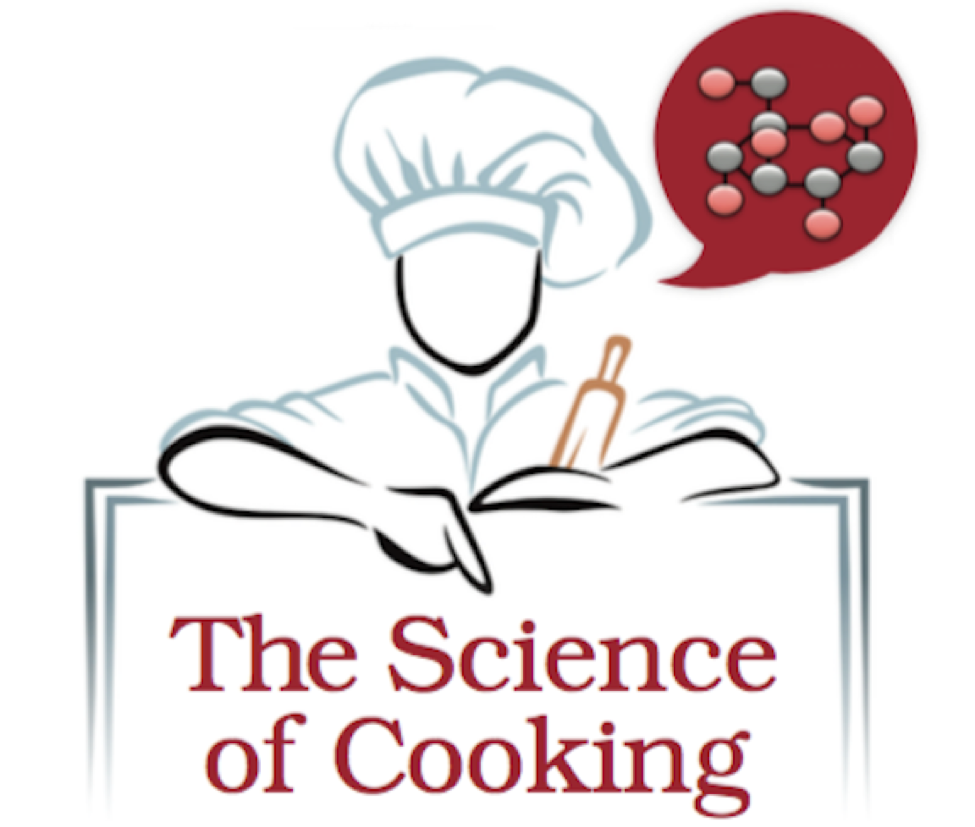Mondays will be traditional, formal lecture by the instructor (Head Chef (Dr. Provost)). There will be seven topics as indicated on the schedule
Wednesdays will be a “Science Chef-Group Work”. The class will be divided into 5 kitchen restaurant of 5 cooks. One student will be assigned Sous Chef for the day. The remaining 4 students will be Line Cooks. Kitchen Group Assignments
- The Head Cheff will assign different scientific publication related to the topic of the week to each kitchen.
- The Sous Chef of the day is responsible for leading the Line Cooks in their kitchen to discuss the paper.
- One of the Line Cooks (NOT the Sous Chef) will be assigned by the Head Chef to present the publication. No slides, just a simple oral presentation. 3-5 min max. The presentation will be the hypothesis of the publication, a very simple background and the key finding and result of the paper.
- Each member of the kitchen will anonymously award all kitchen members (except themselves) up to 10 participation points. The average of the points will be awarded and posted on Bb.
Head Chef -a highly skilled professional cook who oversees the operations of a restaurant or dining facility. They are responsible for the food that comes out of a kitchen, from conception to execution. While many of these professionals gain the necessary skills through work experience as line cooks, college programs in the culinary arts are widely available. Some cooks learn through apprenticeships
Sous Chef - the top assistant in a professional kitchen The typical restaurant kitchen is set up so the absence of the head chef is not felt in the dining room. It is the assistant, the sous-chef, who is usually in charge of production, with the head chef the administrator and creative force
Line Cooks are employed by many restaurants and prepare much of the food that comes out of the kitchen. They work under a head chef or sous chef, and each line cook is typically assigned a particular place on the line, such as the grill, stove or vegetable prep area. Formal education is not required for this position, but prospective line cooks may wish to enter a culinary program for formal training and to improve their advancement opportunities.
